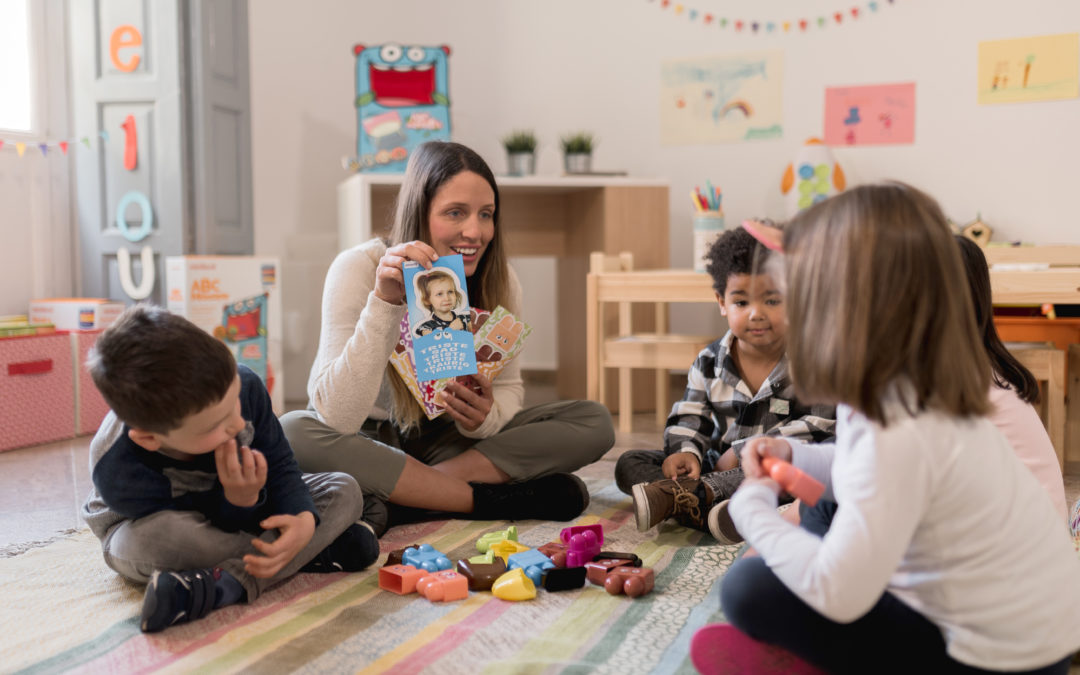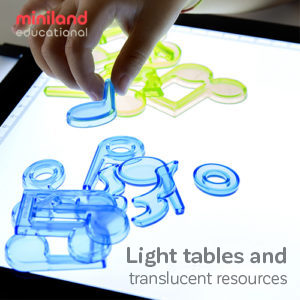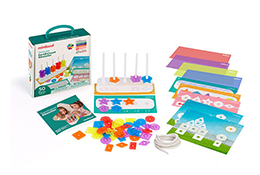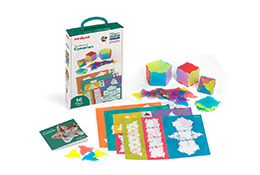Can you believe it’s that time of year again?! Back to School! The stresses of preparing for your new school year, meeting new students, and adapting to the constantly changing regulations the past 2 years have brought us is work enough. On top of that, you’re going to be trusted with a new set of young minds looking for guidance and comfort!
One of your biggest challenges as a teacher is to maintain healthy relationships in your classroom. By fostering acceptance and inclusivity of those that look “different” from ourselves, we can create an environment that is both healthy and imperative to a child’s view of the world that lasts long into adulthood.
The concept of teaching SEL in your classroom shouldn’t be a stand-alone Lesson Plan. It should be part of your classroom culture, infused in every single thing that you do from teaching students the polite way to ask for things, having them take a deep breath if they’re losing control of their emotions, and encouraging them to speak kindly to one another in every situation.
Having the right tools in your classroom to encourage this type of classroom culture is the easiest it’s ever been. Years ago, SEL was not a common practice nor was it recognized as an essential part of academic achievement. The more self-aware, empathetic and accepting children are both in and out of the classroom, the more they will achieve both academically and socially long after their school years are over.
These are some ways you can promote SEL, acceptance and inclusivity in your classroom:
- Start the day with Kindness: Crouch down to eye-level when you greet your students each morning, one by one. Tell them you’re so happy to see them and that you look forward to a great day together. Encourage them to say hello to their classmates one by one. Ask them to point out something kind about their fellow student. Example: “Amy, I really like your dress today.” “Jose, your hair looks nice!”
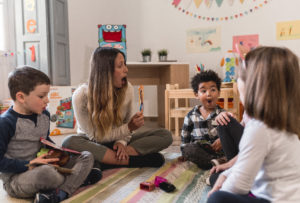
- Encourage Self-Regulation: From the ages of 2-6, emotions run especially high as young children have not yet mastered the skill of regulating what they’re feeling let alone identifying their emotions. Help them along by referencing toys that encourage their emotions, like Miniland’s These ethnically diverse blocks allow children to create different characters showcasing various emotions. Playing with the blocks builds visual and spatial-relation skills but they most importantly help start a conversation about feelings. This is especially important as we head into Back to School where schedules are changing for them, causing some stress and struggling to get back into “school” mode.
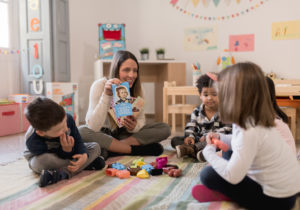
- Provide Opportunities for Acceptance: Allowing children to be themselves and showcase their unique differences will lead to a more accepting and socially aware classroom. One of the biggest triggers for acceptance lies within racial diversity and special needs. These topics are actually quite easy to explain to children of this age who are more likely to just accept those around them at face value. By providing them with the right tools and messages, they are less likely to lose that acceptance as they grow up. One of the simplest ways to provide easy access to acceptance of those that are unique, whether it’s a different race or a person with special needs, is to have toys and games that showcase these differences in a positive way. Miniland’s award-winning Dolls with Down Syndrome that come in various ethnicities and showcase the sweet facial characteristics of babies with Down syndrome in a realistic and respectful way. Both children with Down syndrome and those without need access to toys that closely resemble them to feel both a connection to a doll that’s just like them and also a connection to a doll that may look like a friend or family member. The benefits of doll play, both emotionally and educationally, are limitless. Our dolls serve to support a child’s self-confidence as well as teach both self-acceptance and acceptance others. With our latest Together We Play initiative, we hope to encourage children around the country, in and out of the classroom, to participate in more inclusive play through our diverse dolls.
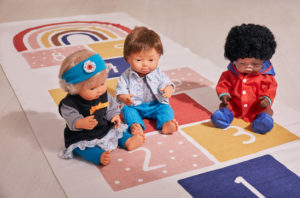
By creating a positive, kind environment where students have the opportunity to listen and practice positive communication, we can do our part to encourage kindness and respect. For more information on Miniland’s SEL products, follow us on Instagram @MinilandUSA and Facebook at MinilandUSA.
